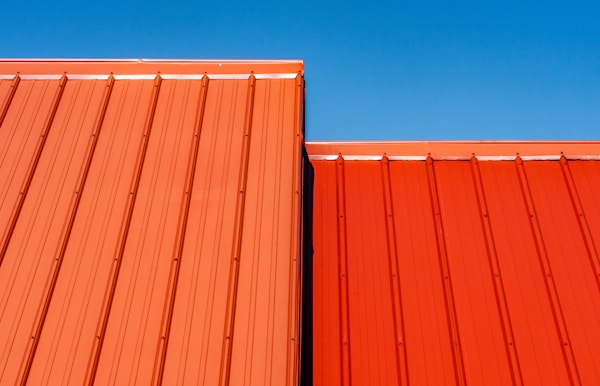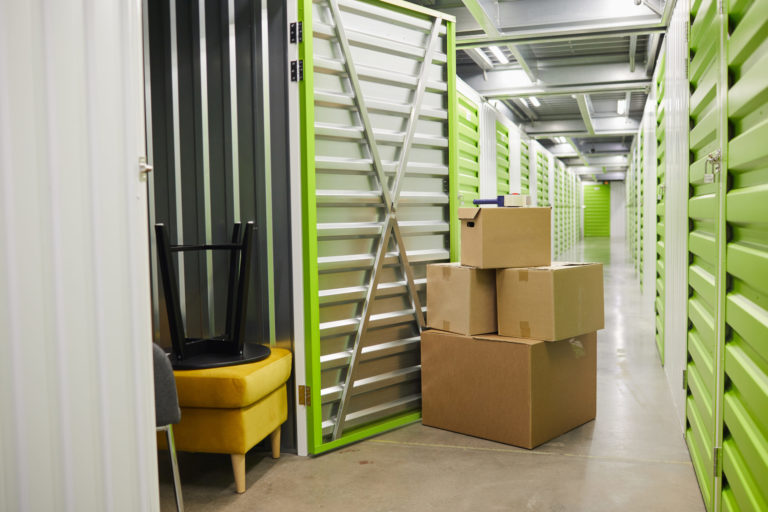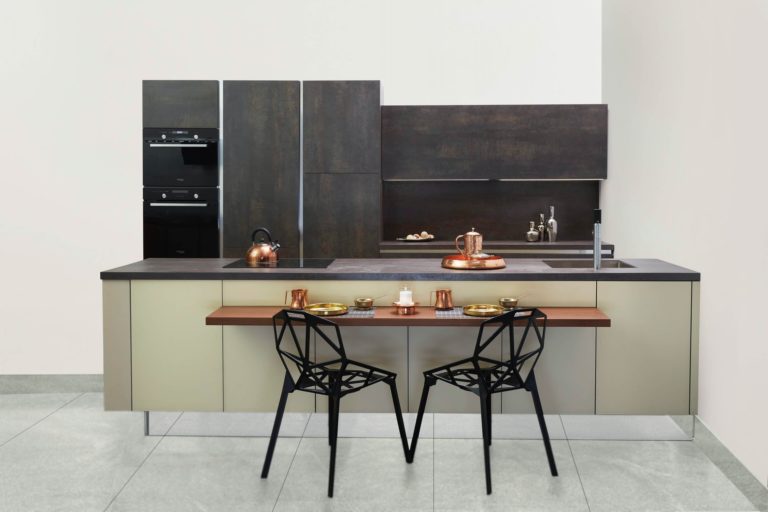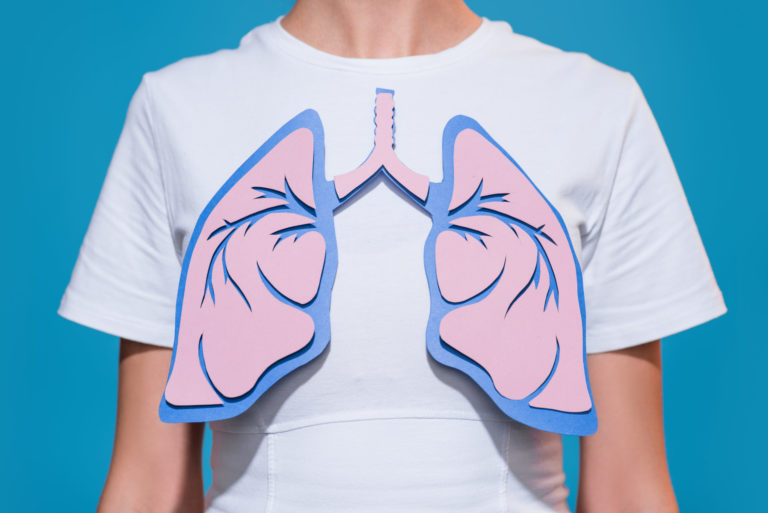When it comes to industrial roofing, businesses have a lot to consider. The type of roofing material, the climate, the building’s usage, and more all play a role in choosing the right roofing system. Keep reading to learn what businesses should consider when choosing industrial roofing systems.
What are the different types of industrial roofing?

Industrial roofs come in a variety of shapes and sizes, and each has its own benefits and drawbacks. The most common types of industrial roofing are flat roofs, modified bitumen roofs, single-ply membrane coatings, elastomeric coatings, and classic metal roofs.
Flat roofs are the most common type of industrial roof and are typically used on low-sloped buildings. They are inexpensive to install and maintain, but they can be prone to leaks and ponding water.
Modified bitumen roofs are made from a combination of asphalt and synthetic rubber, which gives them increased durability and weather resistance. They can be installed in a variety of ways, including as a single sheet or in rolls.
Single-ply membranes are composed of one layer of material, making them relatively lightweight and easy to install. They are often used on flat or low slope roofs and can withstand extreme weather conditions.
Elastomeric coatings are applied as a final layer over an existing roofing system to protect it from the elements. They are highly durable and resistant to UV rays, making them ideal for sunny climates.
Metal roofs are becoming increasingly popular due to their durability and sustainability. They come in a variety of colors and styles and can be fitted with insulation for increased energy efficiency.
Each of these industrial roofing systems has its own unique benefits and drawbacks, so choose the right type for your business needs.
Consider the climate you’re facility operates within.

When businesses are choosing industrial roofing, they should consider the climate. Some climates are more conducive to certain types of roofing systems than others. For example, a business in a cold climate would not want to install a flat roof because it would not be able to withstand the snow and ice buildup.
Furthermore, the indoor comfort of your facility should be considered with the climate. If you operate in a hot climate, you’ll need a roof that can keep the building cool. If you’re in a cold climate, you’ll need a roof that can keep the building warm. The type of roofing will play a significant role in heat or cool retention.
Metal roofing is one of the best options for both hotter and colder climates. It is made of metal panels that are effective at holding heat, which can help keep your facility warm during the winter. In addition, in warmer clients, the metal can reflect sunlight to prevent excessive heat from building up in the facility.
Factor in the cost of installation and maintenance.

Installing a new roof is a big investment for any business. The cost of installing and maintaining different types of industrial roofing systems is another vital consideration. Some systems are more expensive to install than others but may be less expensive to maintain in the long run.
So, weigh the pros and cons of each option and consider your company’s budget when making your final decision. Remember, the right roofing system can affordably protect your business from leaks and water damage, while the wrong roofing system can be expensive to install and maintain.
Choose the best industrial roofing system for your business.
There are many things to consider when choosing industrial roofing. The most important factors are generally the type of roofing system, the weather conditions in the area, and the budget. No matter what, businesses should always consider the overall cost and benefits of each roofing system before making a decision.











